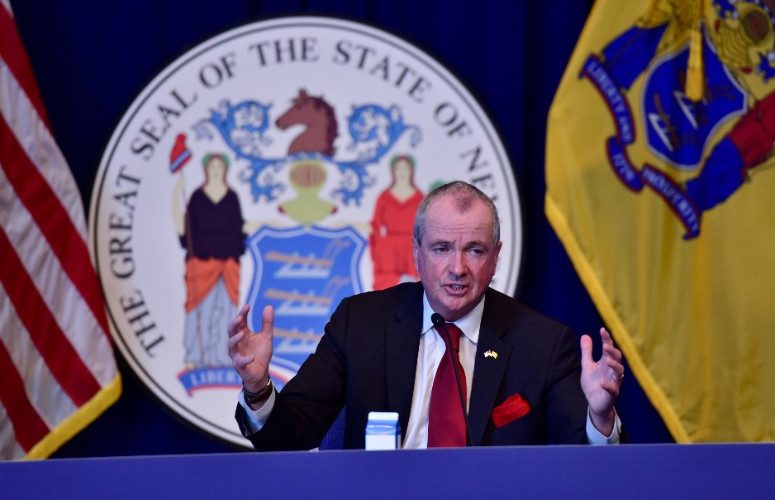
NJ Community Colleges a Critical Nexus in State’s Education System
By Jim Pytell, Assistant Editor On Mar 6, 2020New Jersey is home to 18 community colleges that serve more than 350,000 students every year across more than 60 campuses, making community colleges the largest providers of post-secondary education in the state.
In fact, according to the New Jersey Council of County Colleges (NJCCC), approximately 45% of all students who earned a bachelor’s degree from a New Jersey college or university had previously completed courses at a community college.
“Not long ago, earning a high school diploma enabled many people to secure a good, stable job in a manufacturing-dominated economy,” says Aaron R. Fichtner, president of NJCCC. “In today’s economy, more and more jobs require a post-secondary degree or credential. Community colleges fit into today’s education system because they are able to reach a significant proportion of the population and offer affordable, high-quality education that serves the complex need of students, employers and local communities.”
Fichtner, who previously served as commissioner of the New Jersey Department of Labor & Workforce Development, says that NJCCC’s overall vision is for community colleges to bolster their critical role in increasing the number of New Jerseyans who have earned a post-secondary credential or degree, in part so that the state can meet its goal of 65% post-secondary attainment by the year 2025.
“New Jersey’s community colleges have strong partnerships with the K-12 sector, providing dual-enrollment programs to ensure that students are better prepared for post-secondary education and are on a pathway to further education,” Fichtner says. “The community colleges in New Jersey also have strong partnerships and articulation agreements with New Jersey’s public and independent four-year colleges and universities, playing a critical role in baccalaureate degree attainment for students in this state.”
Evidently, community colleges are a key cog to the continued workforce development in the state, with each college possessing a wide array of innovative collaborations with businesses and other partners that help companies upgrade the skills of their employees, provide training to unemployed and underemployed individuals, and address skills gaps across the state.
Fichtner cites NJCCC’s statewide Community College Consortium for Workforce and Economic Development, which has trained more than 207,000 employees at more than 9,000 companies throughout New Jersey since its creation in 2003.
“The consortium provides a strong platform for further collaboration among the community colleges and in partnership with employers in the state’s key industries,” Fichtner explains.
He says that NJCCC’s “Vision 2028” will lay the framework for the future of New Jersey’s community colleges, and include four initiatives: expanding pathways that lead to credentials and career options, strengthening the delivery of innovative learning of essential skills, connecting adults to opportunities, and connecting students to social support services.
“I am extremely proud on the launch of Vision 2028 and the work we are doing to build broad partnerships to build a skilled workforce in New Jersey and to expand economic opportunities for all New Jerseyans,” Fichtner says. “I learned that New Jersey can meet its challenges and realize its opportunities if we build strong partnerships between educational institutions, employers, non-profit organizations, workforce development organizations, and others.”
To access more business news, visit NJB News Now.
Related Articles:





